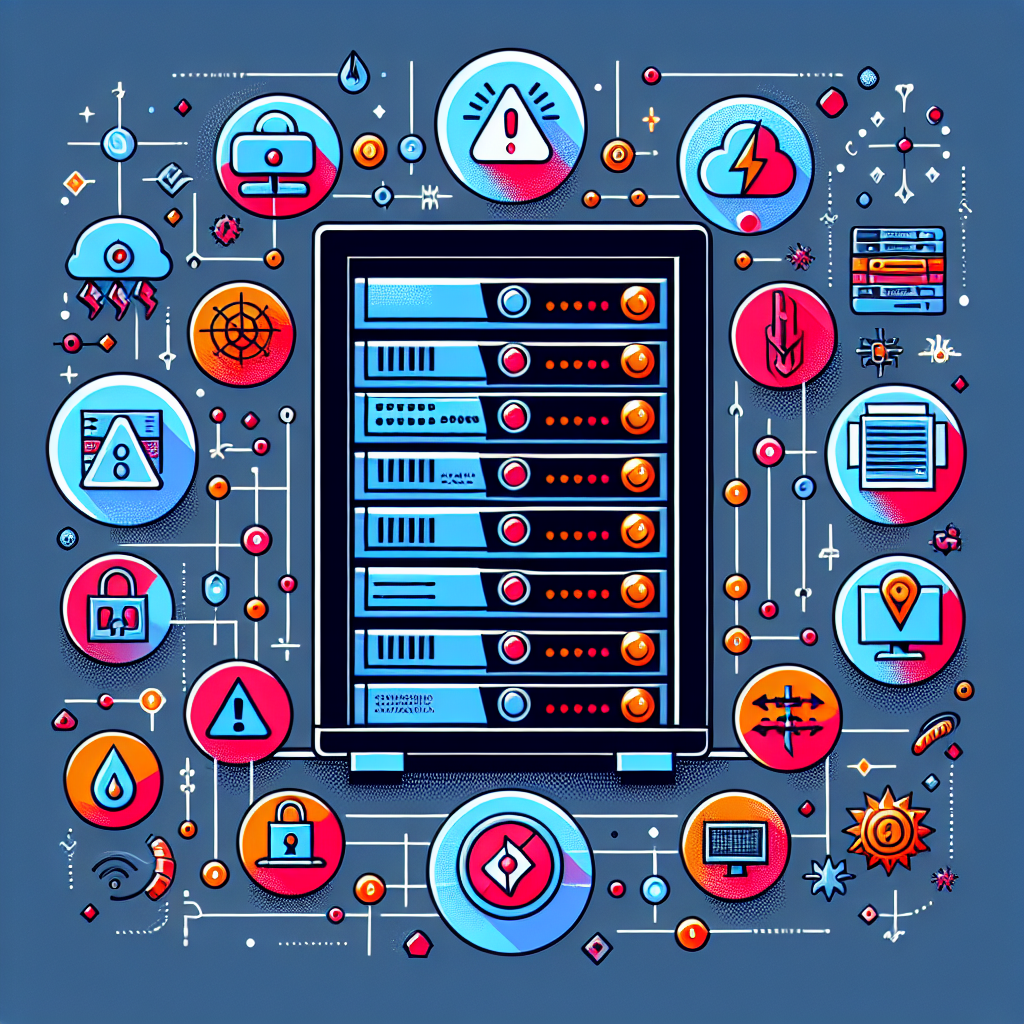Data centers play a crucial role in today’s digital world, serving as the backbone for storing, processing, and distributing vast amounts of data. With the increasing reliance on data centers for business operations, maximizing uptime has become a top priority for organizations. One key factor that impacts uptime in data centers is Mean Time Between Failures (MTBF).
MTBF is a metric that measures the average time between failures of a system or component. In the context of data centers, MTBF is used to assess the reliability of hardware and equipment, such as servers, storage devices, and networking components. A high MTBF indicates that a system is less likely to experience failures, leading to better uptime and operational efficiency.
To maximize uptime in data centers, it is essential to understand how MTBF impacts operations. By investing in high-quality, reliable hardware with a high MTBF, organizations can minimize the risk of downtime and ensure continuous availability of critical services. This not only helps prevent disruptions to business operations but also maintains customer satisfaction and avoids potential revenue losses.
Furthermore, monitoring and maintaining equipment regularly can help identify potential issues before they escalate into major failures. By conducting routine inspections, performing preventive maintenance, and replacing aging hardware, organizations can proactively address weaknesses in their infrastructure and improve overall reliability.
In addition to hardware reliability, organizations should also consider redundancy and fault tolerance strategies to enhance uptime in data centers. By implementing backup systems, redundant power supplies, and failover mechanisms, organizations can mitigate the impact of hardware failures and ensure continuous operation even in the event of a system breakdown.
Ultimately, maximizing uptime in data centers requires a holistic approach that considers both hardware reliability and operational resilience. By focusing on improving MTBF, investing in high-quality equipment, and implementing redundancy measures, organizations can enhance the reliability and availability of their data center infrastructure, leading to improved operational efficiency and customer satisfaction.










